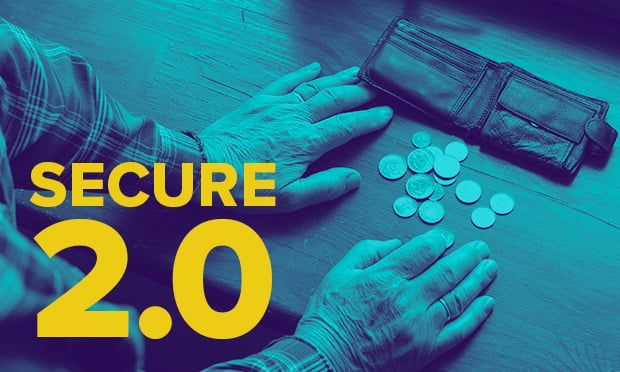 Veterans also had fewermentoring opportunities than non-veterans. (Photo:Shutterstock)
Veterans also had fewermentoring opportunities than non-veterans. (Photo:Shutterstock)
Financing can be a tall order for veteran-owned small businesses — taller thanfor their civilian counterparts.
|So says the report “Financing their Future: VeteranEntrepreneurs and Capital Access,” from the Federal Reserve Bank ofNew York and the U.S. Small Business Administration.
|According to the report, even though the demand for financingfor such businesses is comparable to that from civilian-ownedbusinesses, veteran-owned small business applicants were morelikely than non-veteran-owned small business applicants toencounter “financing shortfalls,” wherein the funds they receivedweren't as much as they'd asked for.
|In addition, veteran-owned businesses have lower rates ofapproval from popular lenders. And when it comes to SBA-guaranteedloans, civilian-owned businesses have gotten approvals at a greaterrate than veteran-owned businesses.
|Reasons cited in the report for such unequal treatment ofveteran-owned businesses include the possibility that veteran-ownedbusinesses are looking for smaller loan amounts, but have a highercredit risk and not as much information is available.
|In fact, the rate of veteran entrepreneurship is actually declining,according to the report, despite the skills veterans bring to thetable in business: “teamwork, leadership and management skills,work ethic/self-discipline, perseverance, and crisismanagement.”
|And that's definitely not a good thing, with the report pointingout that “[a] study conducted by the SBA's Office of Advocacy in2011 found that 'military service is highly correlated withself-employment probability,' and that 'veterans are at least 45percent more likely than those with no active-duty militaryexperience to be self-employed.' This economic engine for the U.S.cannot be overstated; in 2012, there were 2.5 million veteran-ownedbusinesses generating $1.1 trillion in sales and $195 billion inannual payroll.”
|But the trend among veterans starting businesses was alreadyheading down at the time, and in interviews with veteranentrepreneurs, the report says, “75 percent of the veteranentrepreneur respondents reported encountering challenges as theywere starting and growing their business. One of the most commonreasons cited was social capital. Social capital in the form ofnetworks and mentorships can be vital for entrepreneurial success;'whether that means gaining investors, recruiting experts, orbuilding your team.'”
|READ MORE:
|10 best companies for veterans
|5 insights into veterans and job huntingefforts
|
Complete your profile to continue reading and get FREE access to BenefitsPRO, part of your ALM digital membership.
Your access to unlimited BenefitsPRO content isn’t changing.
Once you are an ALM digital member, you’ll receive:
- Critical BenefitsPRO information including cutting edge post-reform success strategies, access to educational webcasts and videos, resources from industry leaders, and informative Newsletters.
- Exclusive discounts on ALM, BenefitsPRO magazine and BenefitsPRO.com events
- Access to other award-winning ALM websites including ThinkAdvisor.com and Law.com
Already have an account? Sign In
© 2024 ALM Global, LLC, All Rights Reserved. Request academic re-use from www.copyright.com. All other uses, submit a request to [email protected]. For more information visit Asset & Logo Licensing.








